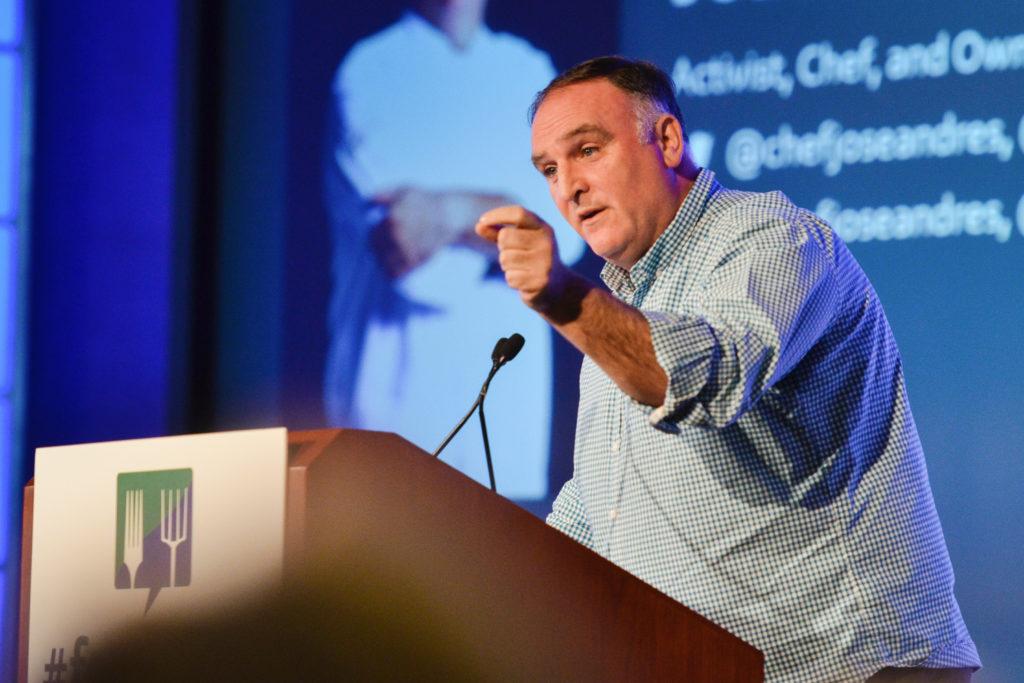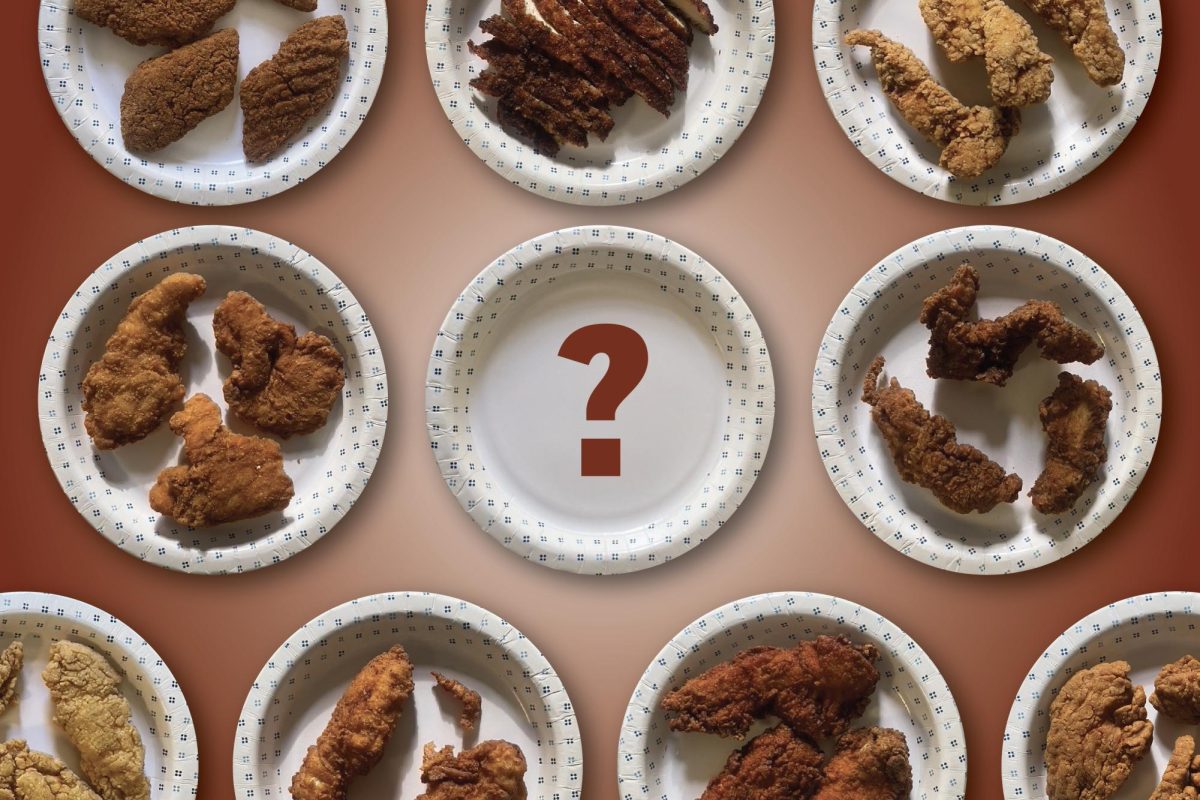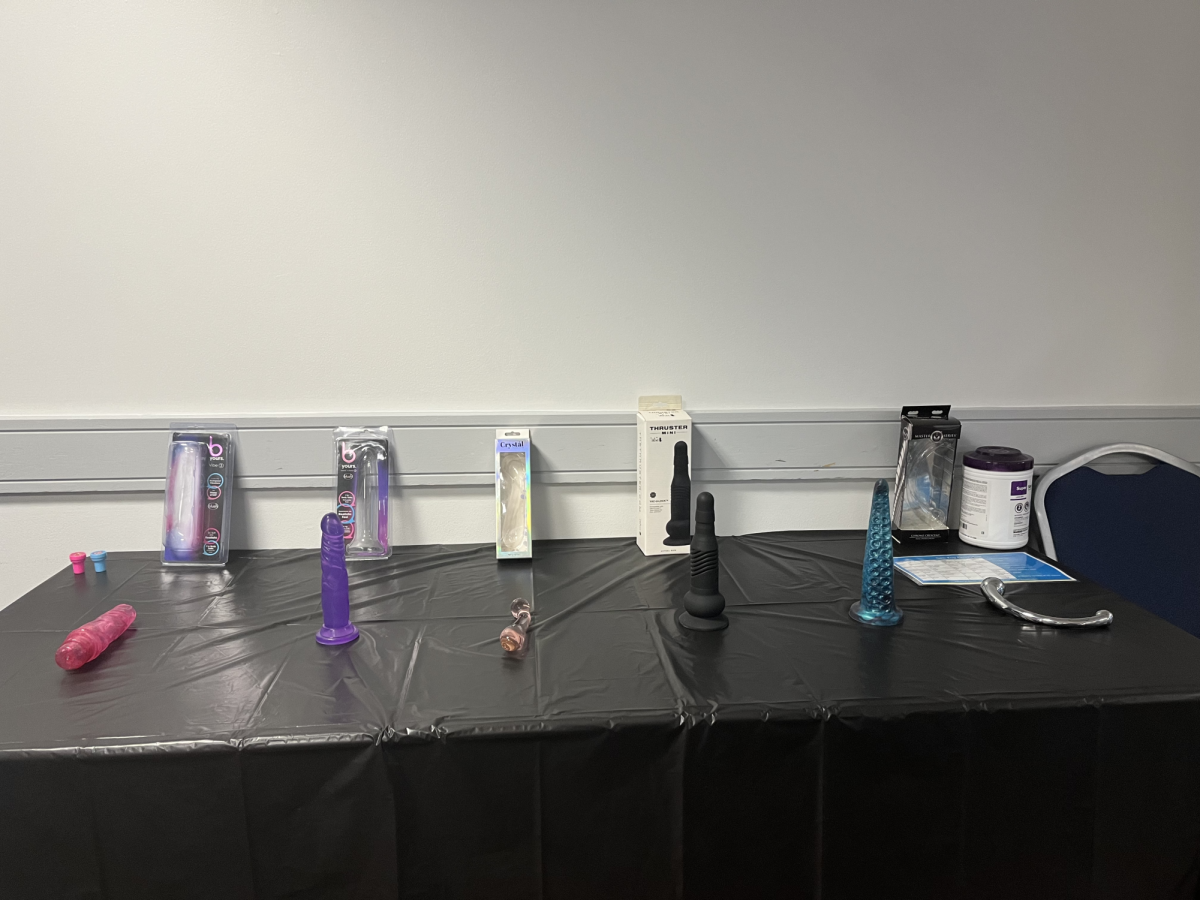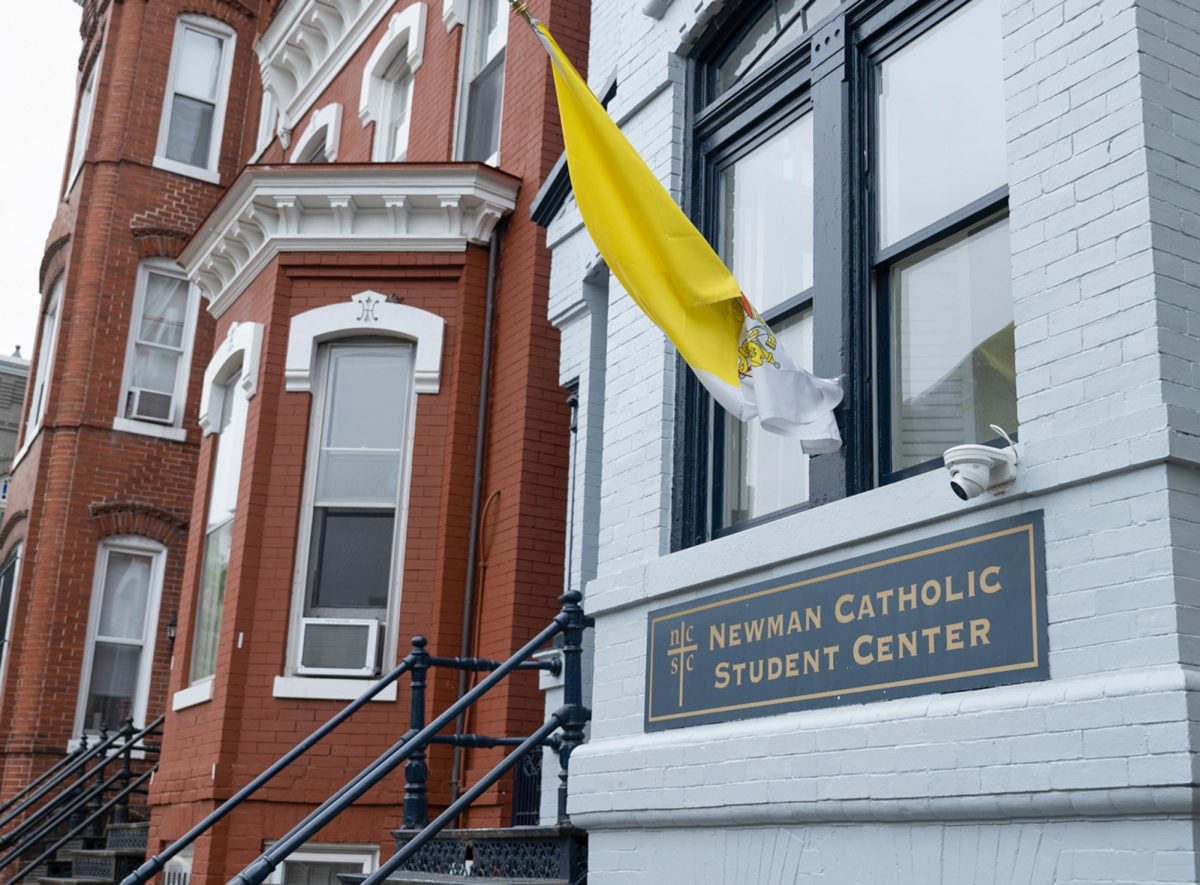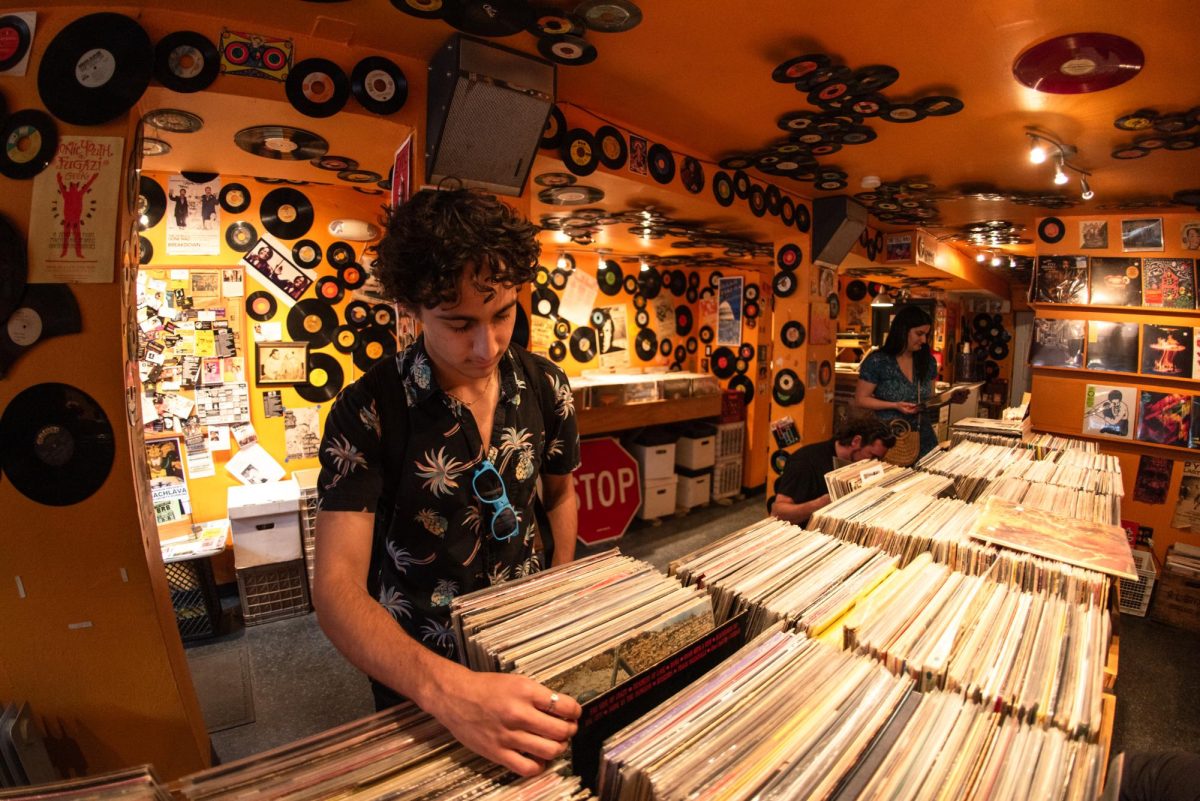Updated: March 31, 2020 at 12:53 a.m.
As restaurants switch over to takeout and delivery service to slow the spread of COVID-19, D.C.-area chef and visiting professor José Andrés is turning five of his restaurants into community kitchens.
Andrés announced earlier this month that his five restaurants, including America Eats Tavern and Zaytinya, transformed into community kitchens that serve takeout meals between 1 and 4 p.m. daily. The move comes as dozens of non-essential businesses are forced to close around D.C. to slow the spread of the novel coronavirus.
“We as a restaurant company also want to help provide food for those who want it in a safe manner,” Andrés said in a release. “We feel these community kitchens can help during this challenging time, and those who cannot afford to pay we will welcome as well.”
Eric Martino – the chief operating officer of ThinkFoodGroup, Andrés’ restaurant group – said the restaurants are implementing contactless payment options to limit the exchange of cash and cards. Employees at Andrés’ restaurants will continue to receive their usual pay and benefits until at least April 12, and customers can help financially support employees by purchasing gift cards on the restaurants’ websites, Andrés’ announcement states.
The community kitchens bring takeout meals to the side doors of America Eats Tavern in Georgetown, Zaytinya in Penn Quarter and three Jaleo locations in Bethesda, Crystal City and Penn Quarter. Menus change each day but always include a small selection of dishes priced under $12 and at least one vegetarian and gluten-free option. Each vendor serves a pre-selected rotating menu of salads, soups and entrees, according to Zaytina’s Instagram.
Workers who volunteer to hand out food have marked spots on the ground six feet apart – the Centers for Disease Control and Prevention’s recommended distance during the pandemic – for people to wait in line outside the restaurants, according to The Washington Post.
Martino said meals will also be available to those who cannot afford to pay $12. When customers check out at the community kitchens, customers can pay a meal forward to someone else. The kitchens also offer free meals to those who cannot afford to pay.
“Our community kitchens offer flexible pricing,” Martino said. “For those guests who can’t afford to pay, their meal is on us.”
Martino said the community kitchens allow ThinkFoodgroup to safely provide nourishing meals to people who don’t have access to food during the COVID-19 outbreak.
Andrés’ Mediterranean restaurant Zaytinya’s menu on March 18 included chicken soup avgolemono ($6), fattoush ($8), a chicken pilaf bowl ($12), a hummus bowl ($12) and a lamb pita sandwich ($10) as well as coffee and drinks, according to the restaurant’s Instagram page.
Andrés’ decision to operate community kitchens out of select D.C.-area restaurants follows his humanitarian work with his nonprofit World Central Kitchen, which serves meals in communities facing natural disasters and challenging economic circumstances. World Central Kitchen last operated in D.C. in 2019, giving free meals to furloughed workers during the last partial federal government shutdown.
World Central Kitchen’s response to the COVID-19 pandemic has also included preparing food for passengers quarantined on the Diamond Princess cruise ship in Japan after 21 people aboard tested positive for COVID-19. The organization also launched a campaign, #ChefsForAmerica, which provides free prepackaged meals in New York City, California and D.C. and encourages restaurants nationwide to open their own community kitchens like those at Andrés’ D.C. restaurants.
“People have to eat,” Andrés said before the community kitchens debuted. “Not everybody is going to be able to go to the supermarket. We have areas in America that are food deserts. We have millions of Americans that, if you go to their kitchens, their kitchens are empty. Not everybody has money to fill up for a month. That’s the reality. What are we going to do?”


